TRIPS waiver will enable rapid scaling up of manufacture, timely availability of affordable Covid-19 vaccines: Harsh Vardhan Shringle
Sat 08 May 2021, 09:57:10
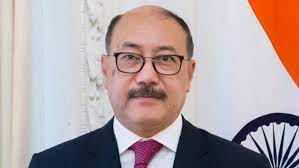
India has said the TRIPS waiver will be an important step for enabling the rapid scaling up of manufacture and timely availability of affordable COVID-19 vaccines and essential medical products on a global basis. This was stated by Foreign Secretary Harsh Vardhan Shringla while addressing the UNSC high-level meeting on maintenance of international peace and security: upholding multilateralism and the United Nations-centred international system.
He said, India has worked with South Africa and other partners in the World Trade Organization to seek a relaxation in the norms of the TRIPS agreement to ensure quick and affordable access to vaccines and medicines for developing countries during this pandemic.
Mr Shringla said, New Delhi has provided COVID-19 vaccines, pharmaceuticals and medical equipment to more than 150 countries across the world over the past one year. He also said, India extend deep appreciation to those that have come forward to provide it with some priority requirements to battle the second wave of the pandemic.
The Secretary said, the multitude of challenges of today’s dynamic and interdependent world cannot be
addressed with outdated systems that were designed to deal with the challenges of the past. He added that the COVID-19 pandemic has sharpened our awareness of the depth of global interdependence.
addressed with outdated systems that were designed to deal with the challenges of the past. He added that the COVID-19 pandemic has sharpened our awareness of the depth of global interdependence.
Mr Shringla said, it is the lack of a coordinated global response that has exposed the vulnerabilities and weaknesses of the multilateral system as it stands today, providing a timely reminder for the pressing need for comprehensive reform.
He said the re-imagined post-pandemic world will make profoundly different demands from the multilateral system. The Foreign Secretary said, at the core of India’s call for reformed multilateralism, lies in the reform of the UN Security Council, reflective of the contemporary realities of today.
He said the multilateral institutions must be made more accountable to their membership, they must be open and welcoming to a diversity of viewpoints and cognisant of new voices. He added that the Council must be made more representative of developing countries if it is to continue to engender trust and confidence in its ability to provide leadership to the entire world.
No Comments For This Post, Be first to write a Comment.
Most viewed from National
Most viewed from World
AIMIM News
Latest Urdu News
Most Viewed
May 26, 2020
Can Lionel Messi's visit boost Indian football?
Latest Videos View All
Like Us
Home
About Us
Advertise With Us
All Polls
Epaper Archives
Privacy Policy
Contact Us
Download Etemaad App
© 2026 Etemaad Daily News, All Rights Reserved.

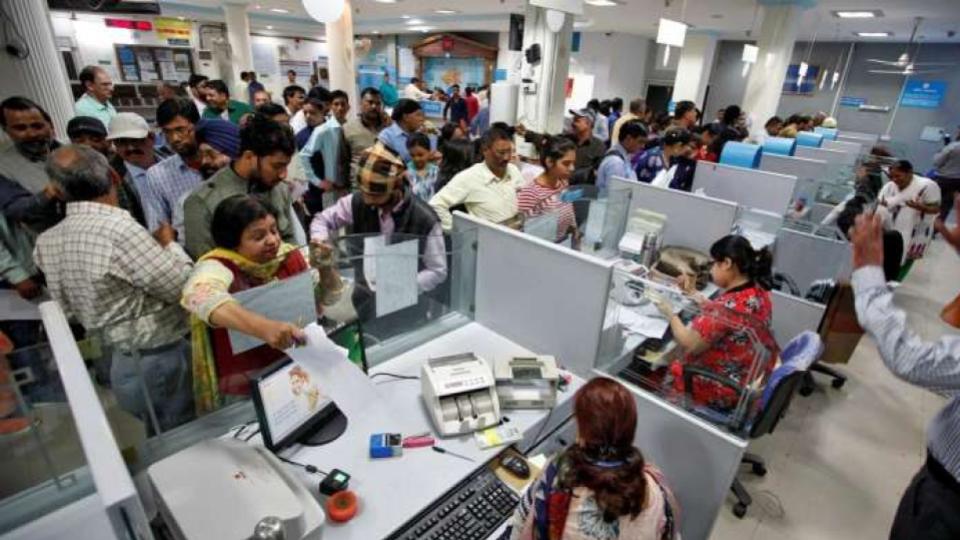

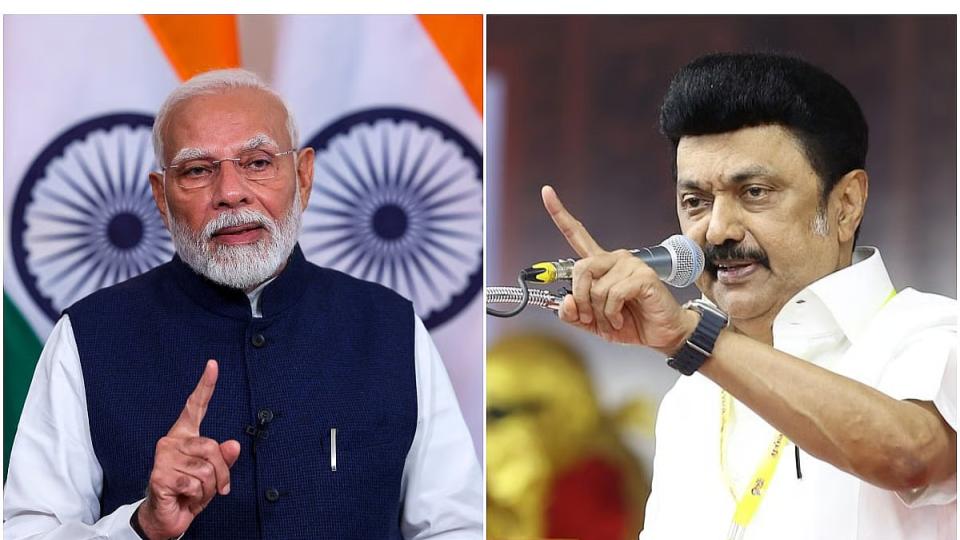

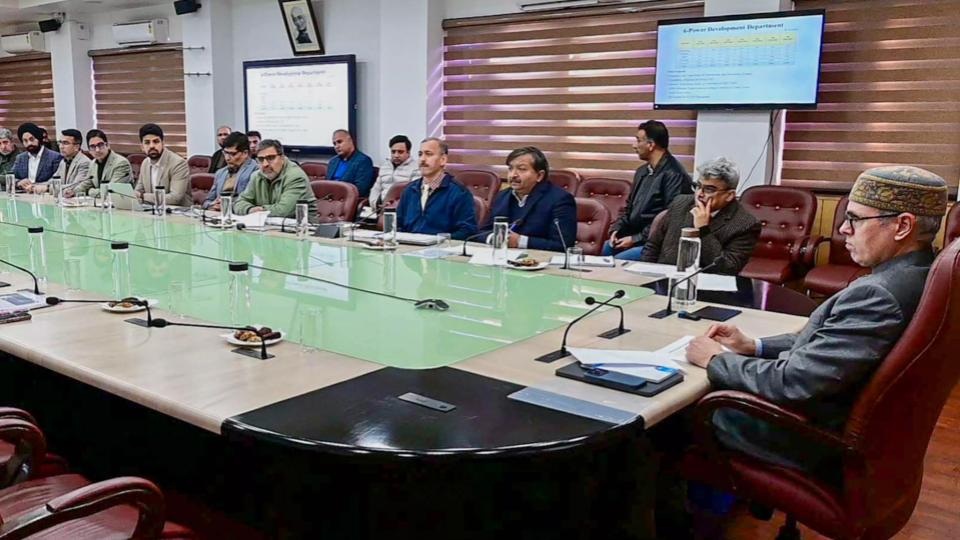

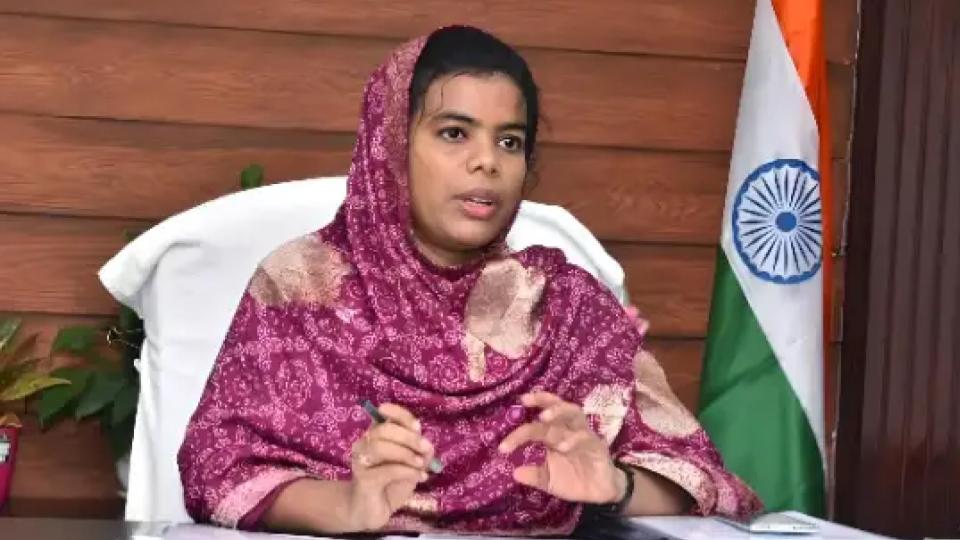
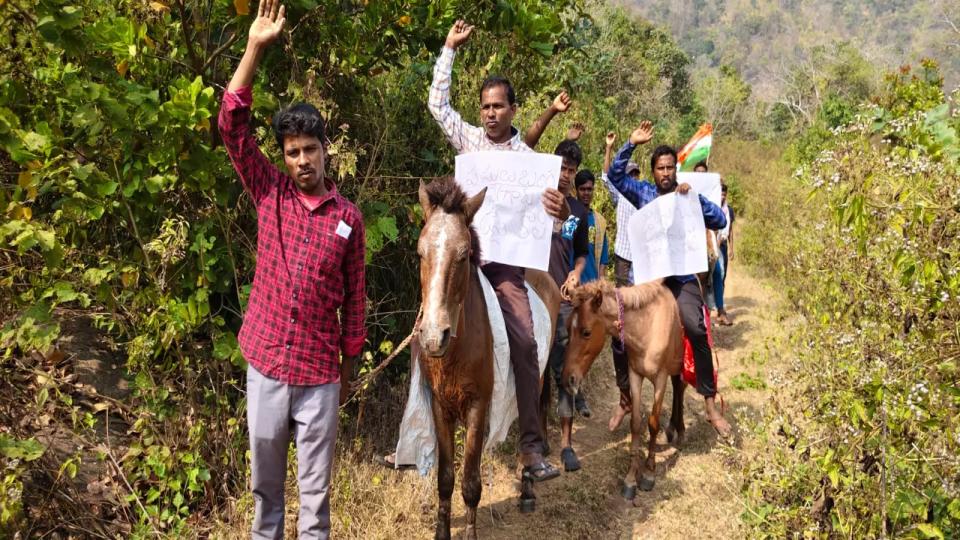
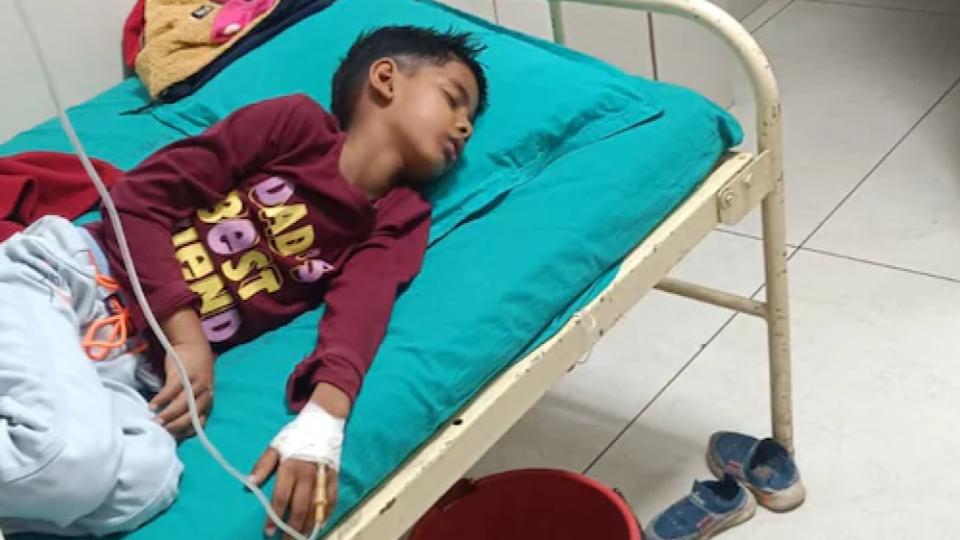
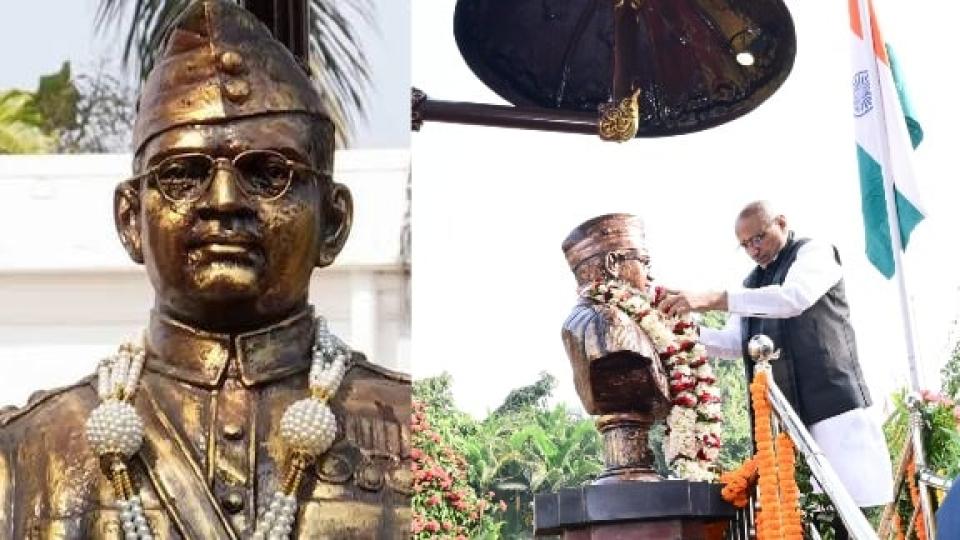



.jpg)
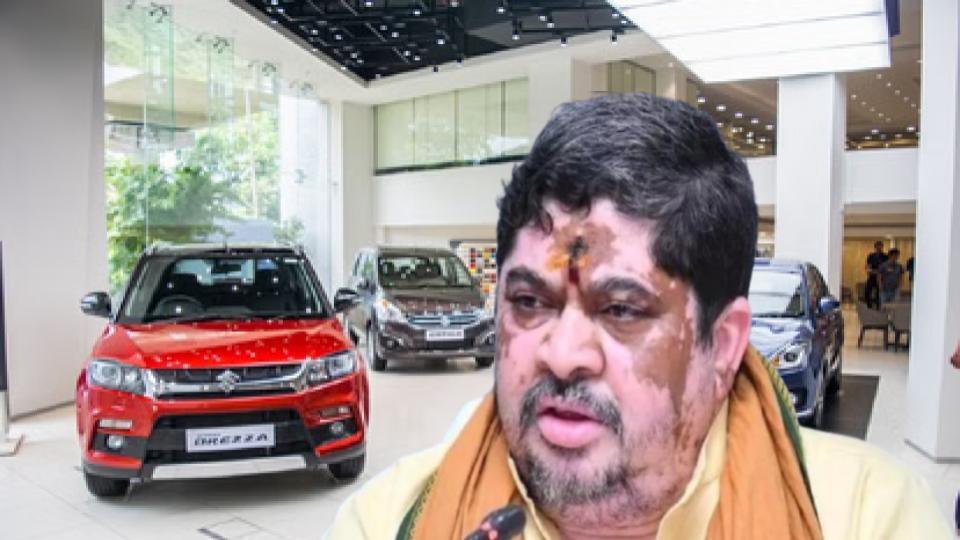
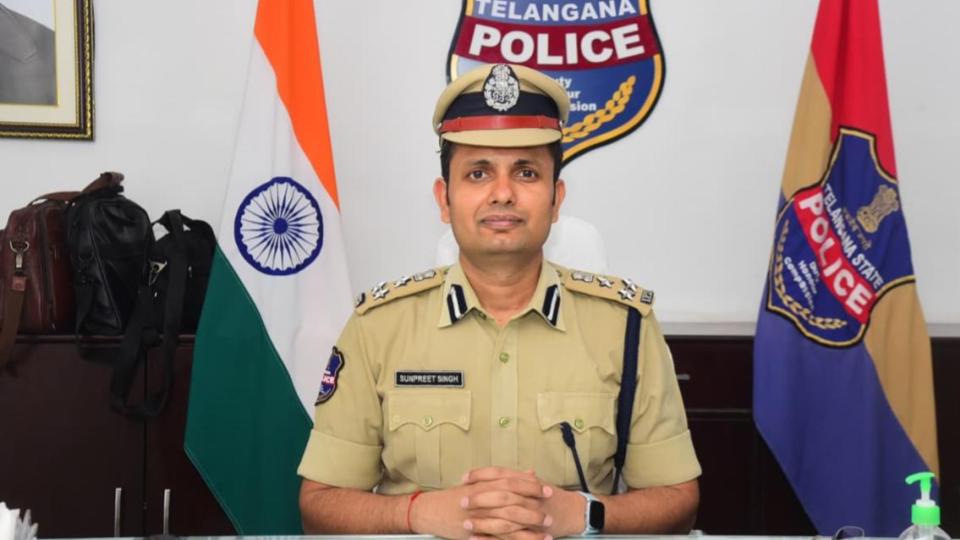
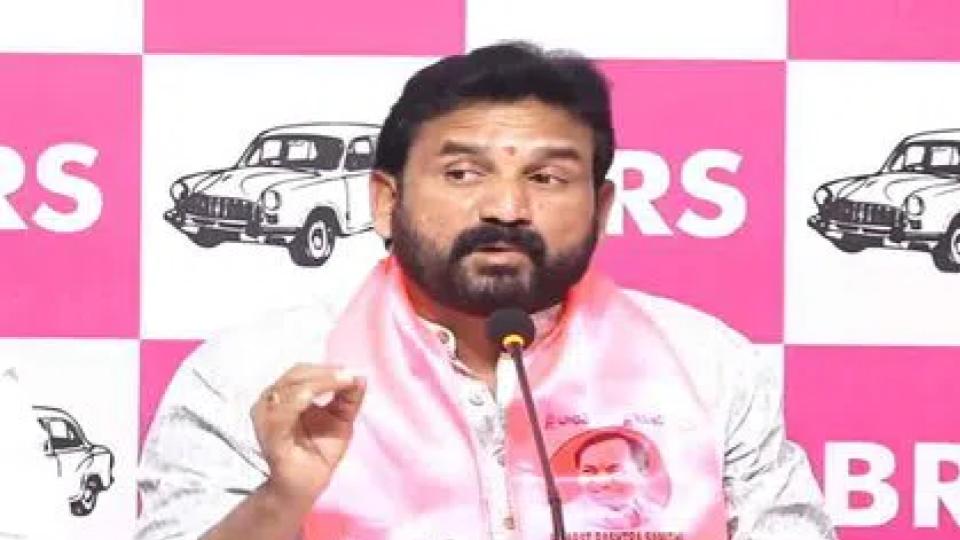
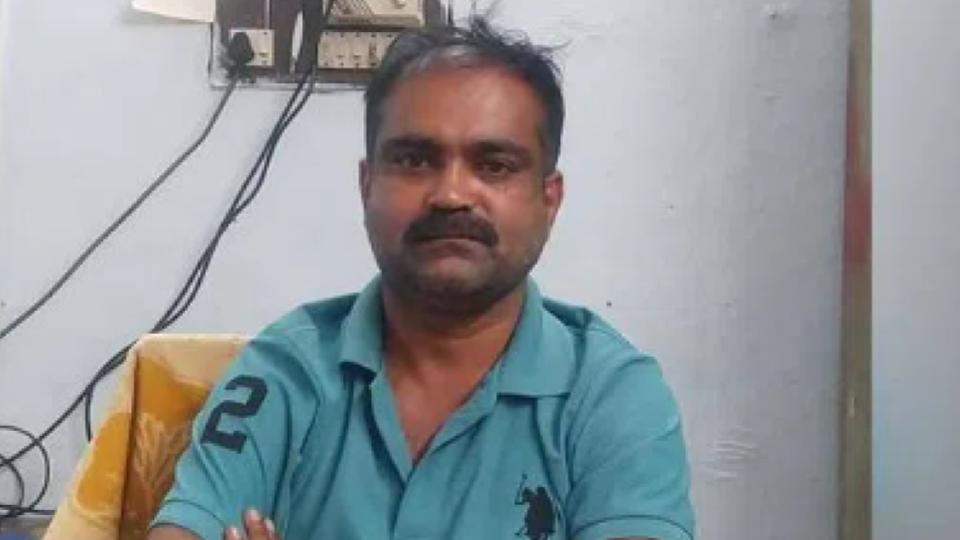


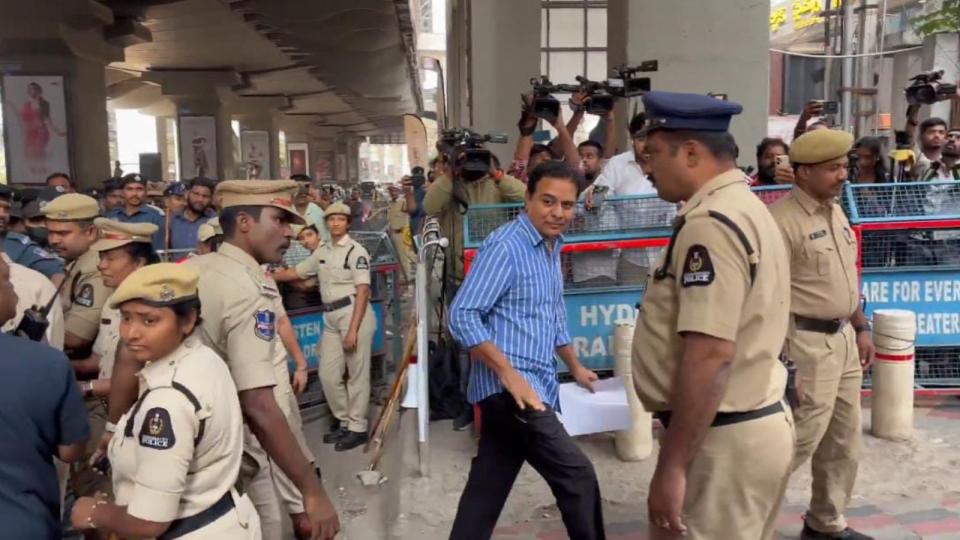
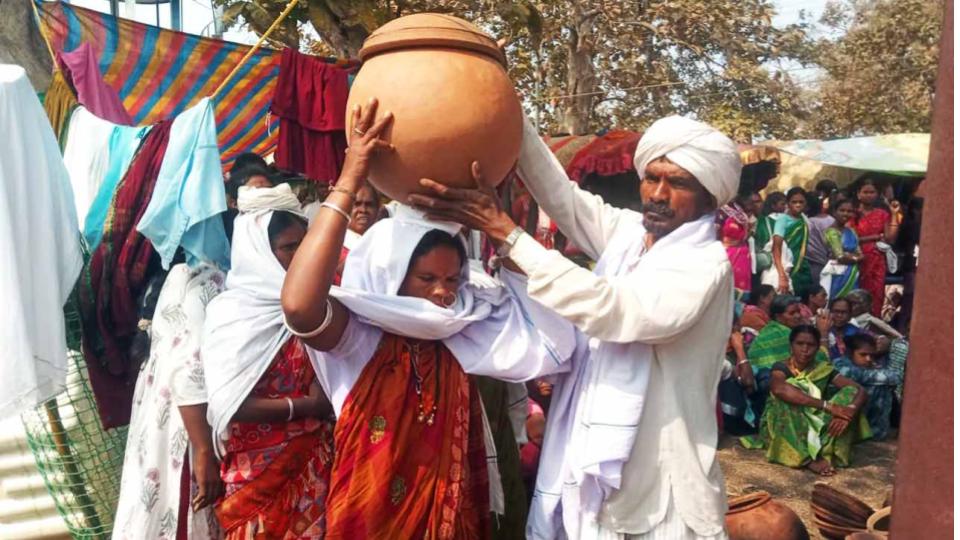
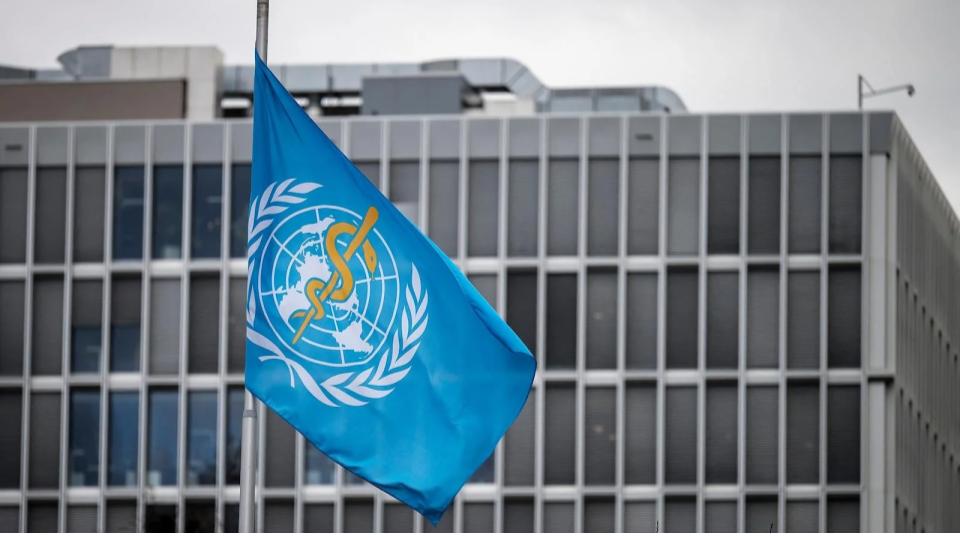


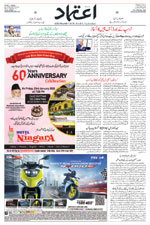










.jpg)
.jpg)
.jpg)


